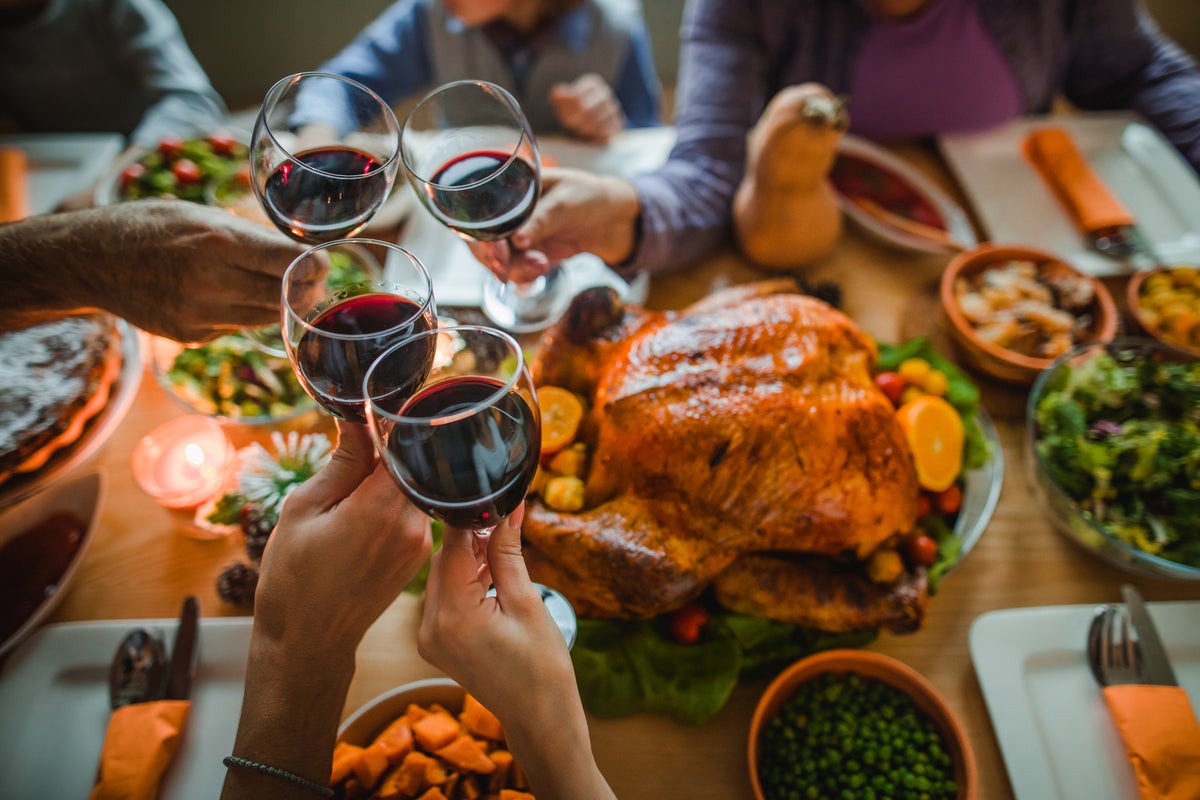Your support helps us to tell the story
From reproductive rights to climate change to Big Tech, The Independent is on the ground when the story is developing. Whether it’s investigating the financials of Elon Musk’s pro-Trump PAC or producing our latest documentary, ‘The A Word’, which shines a light on the American women fighting for reproductive rights, we know how important it is to parse out the facts from the messaging.
At such a critical moment in US history, we need reporters on the ground. Your donation allows us to keep sending journalists to speak to both sides of the story.
The Independent is trusted by Americans across the entire political spectrum. And unlike many other quality news outlets, we choose not to lock Americans out of our reporting and analysis with paywalls. We believe quality journalism should be available to everyone, paid for by those who can afford it.
Your support makes all the difference.Read more
Food inflation is set to continue to rise to the end of the year, industry figures have warned, potentially reaching a high of six per cent in time for Christmas.
This means an even pricier festive shop can be expected, as stubbornly fixed headline inflation (CPI) causes prices to continue to rise across the board.
Currently at around 3.5 per cent, the Bank of England has warned that increasing food prices could bring inflation to four per cent as it voted for a fifth cut in interest rates in a year on Thursday.
Decision makers pointed to Labour’s autumn tax rises as a contributing factor in rising inflation, with business chiefs arguing that higher costs from an increase to employer national insurance contributions (NICs) has had to be offset by increased prices.
The British Retail Consortium (BRC) has estimated that the cost of this policy and others like a rise to the national living wage and new packaging tax has added an extra £7 billion to retailer costs this year.
.jpeg)
open image in gallery
The British Retail Consortium (BRC) said Rachel Reeves’ autumn budget must not “fan the flames of food inflation” (Getty)
This will drive food inflation up to six per cent by the end of the year, the industry body predicts, posing challenges for household finances in the run up to Christmas.
Meat, poultry and tea prices have been some of the fastest rising this year, which can be partly linked to global factors like high demand and crop issues.
In a recent poll of retail finance chiefs representing over 9,000 stores, the retailer body found that two-thirds predict they will have to raise prices further this year. Around 85 per cent of these said they had already increased prices, with 42 per cent said they had put a hiring freeze in place.
Commenting on the Bank’s interest decision, BRC chief executive Helen Dickinson said: “Food prices have already been climbing steadily, and the BRC has warned this is only the beginning. If the Autumn Budget once again lands on the shoulders of retailers, then it will only serve to fan the flames of food inflation – with poorer families being hit the hardest by the Treasury’s decisions.
“While retailers are doing everything they can to shield their customers from rising prices, their ability to absorb further costs is extremely limited. If Government goes ahead with its planned higher business rates threshold for 4,000 larger stores – including many supermarkets – then it will be ordinary households who suffer the most.”
